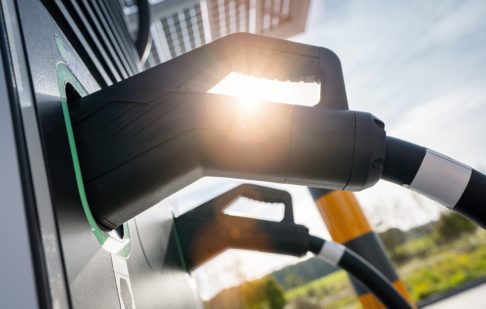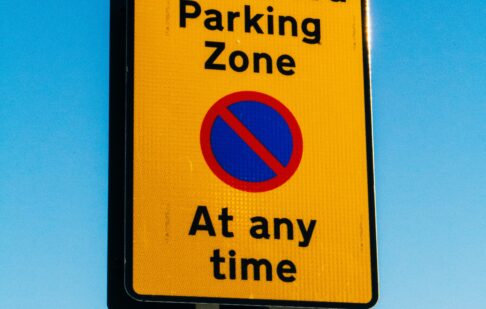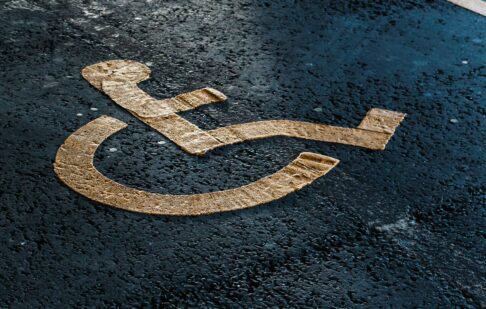We’ve all heard the talk about zero emissions. By 2035, all new cars in the UK will need to be zero-emission. That means no more petrol, diesel, or even hybrid vehicles rolling off forecourts. But for many motorists, the question isn’t “What happens in 2035?” It’s “Should I make the switch now?”
But what does switching to electric actually mean? Well, because we’re still almost a decade away from that cut-off point, it’s hard to say, and plenty could change. But there are some key things to keep in mind, especially if you’re thinking of making the switch to EV earlier.
The road ahead: what 2030 and 2035 really mean
This is all driven by the government’s roadmap for helping to reach net zero, part of which requires significantly lower vehicle emissions. Currently, the milestones to be aware of are:
- 2030 – Sales of new petrol and diesel-only cars will end. Hybrids are still available.
- 2035 – Only fully electric, zero-emission cars will be available new.
It’s important to remember that you’ll still be able to drive, buy and sell petrol and diesel cars after these dates. But currently, post-2035 2035 if you want a new car, it will need to be electric.
Why wait? The benefits of going electric early
Switching from petrol or diesel to electric isn’t purely about keeping up with the rules. There are definite benefits to making the jump to EV,
Switching to electric isn’t just about keeping up with the rules. For motorists, it makes everyday sense:
- Lower running costs – Charging at home or work can be significantly cheaper than filling up with petrol or diesel
- Less maintenance – Fewer moving parts mean fewer things to go wrong. No oil changes, no exhaust issues, just simpler motoring
- Tax changes – While tax used to be cheaper across the board for EVs, the rules have changed slightly. Find out more.
- Future-proofing – Big goals mean eventually infrastructure will need to adapt heavily to accommodate more EVs, and the switch helps you stay ahead of changes
Want to know more about making the switch to EV? Check out our blog.
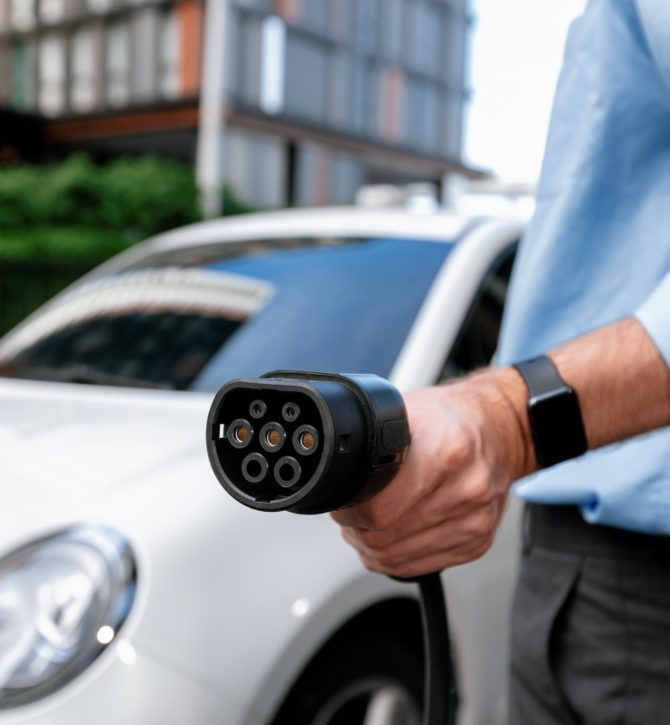
Tackling the common concerns
For a lot of people, the switch to electric cars changes so many habits. And can give you what might seem like a daunting list of new things to keep in mind. Rules change and technology progresses, but currently, the big things to keep in mind are:
- Range – Most modern EVs can go 200–300 miles on a single charge. For the average UK driver, that’s several days of driving. If you’re going further, plan a break with a decent charging period to keep you on the road.
- Charging – The UK’s charging network is expanding daily. You can find chargers (including our Evology Chargers) on Zap Map. This can help you see what coverage in your area is like and if the switch is supported by infrastructure.
- Cost – EVs can be expensive upfront, but when you factor in fuel, tax, and other running costs, the total cost of ownership often comes out in your favour.
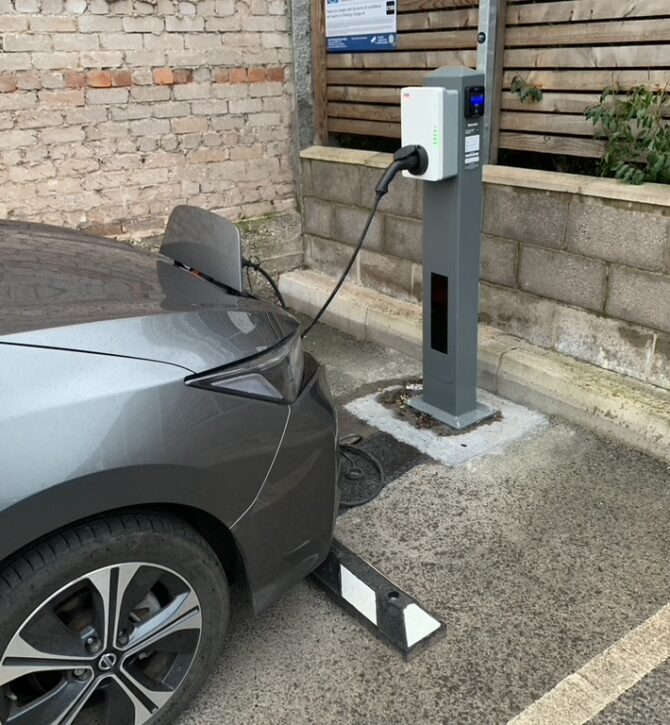
Deciding if an EV is right for you
If you’re considering an EV, treat the experience like any other instance of changing cars.
Take a test drive – EVs deliver power differently than regular cars, it takes some getting used to, and like any other car, you need to find the one that you feel confident driving.
Check your charging options – Home chargers, workplace points, and public networks all play a part. How easily can you recharge on a day-to-day basis?
Use apps and maps – Planning trips might need you to consider longer breaks to recharge. An overnight stop or visiting an attraction during a longer trip is a great chance to top up your battery.
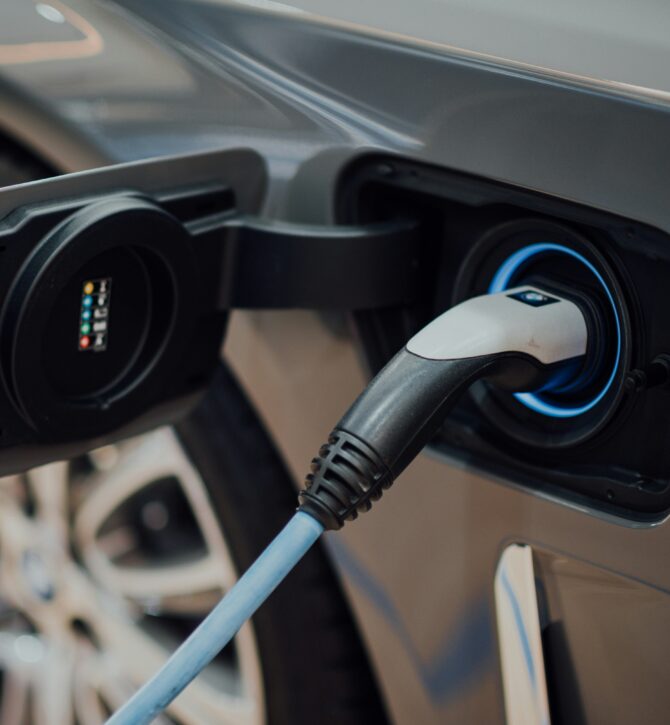
Should you switch before 2035?
That’s completely up to you. If it was 2034 and you needed a new car, it probably makes sense to do it then. Now you are still a way away from the changes coming into force. The infrastructure for charging in your area might not support what you need yet, or you might be waiting to see how much more range increases to ease any anxiety about driving and running out of power.
There are massive positives to switching to EV, not just for the environment, but you shouldn’t feel pressure to jump to EV without being completely ready.
